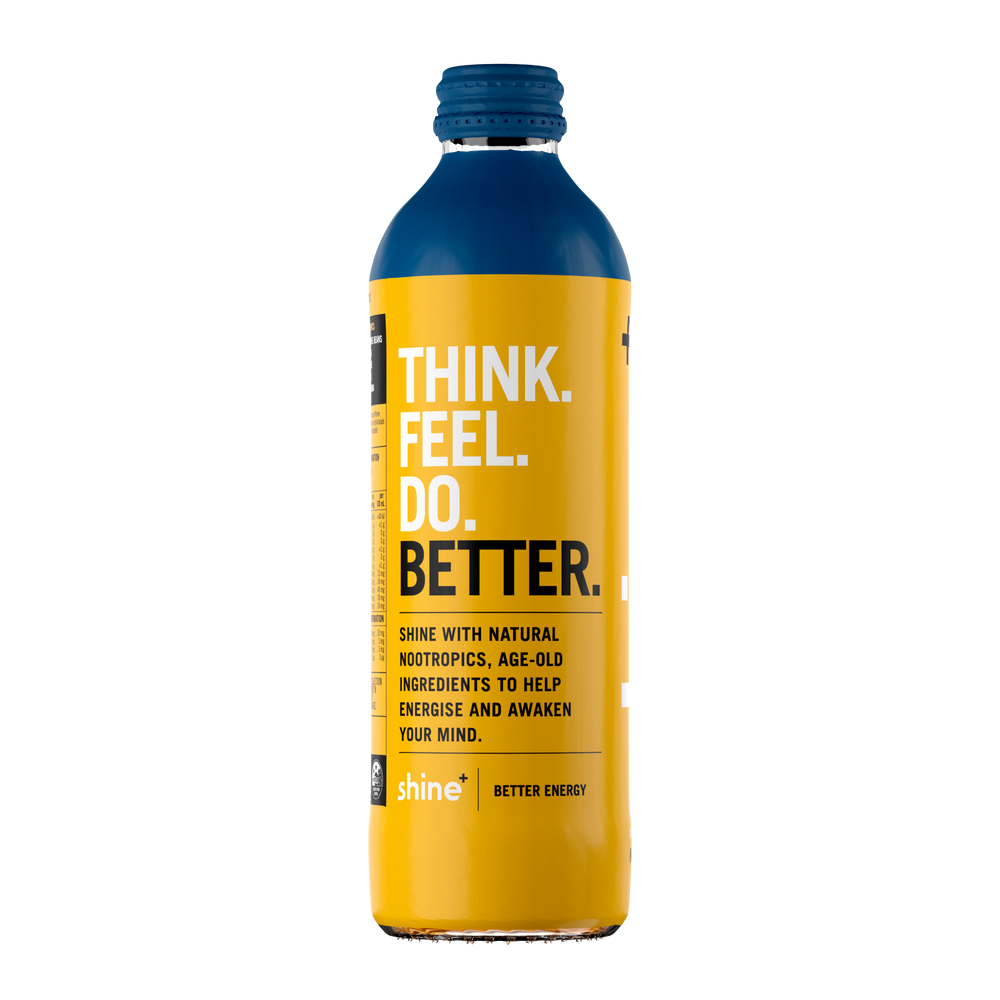HOW VIDEO GAMES CAN HAVE A POSITIVE IMPACT ON YOUR MENTAL HEALTH
In a previous article, we found that video gaming can have a positive impact on a player’s cognitive health. We also mentioned it can do some good for their mental health as well. This may surprise you as video games are normally associated with negativity when it comes to mental health.
You may be unsure about that, but let’s take a look at the ways gaming can improve your mental health.
Escape From Anxiety
Many people use their hobbies as an escape from the pain they experience in their normal lives. Luckily, there is evidence that video games can actually help those suffering from crippling mental illnesses, such as anxiety, by the means of distraction.
In a study published last year by Associate Professor of Clinical Psychology at Michigan State University Jason Moser, a number of the students within the group that participated were shown to improve in their levels of anxiety.
Moser said that it is possible to "roll out an online or mobile game based on this research that specifically targets distraction and helps people stay focused and feel less anxious.”
Improves Overall Mood
Taking a step back from the clinical labels, playing video games can improve a person’s overall mood. The fun side of video games distracts players, getting them out of their rut. Not only that, but the experiences had while playing the games can teach players a few techniques that can help them cope with depression and sadness.
In their research paper called ‘The Benefits of Playing Video Games’, Isabela Granic, Adam Lobel, and Rutger C. M. E. Engels say “adaptive regulation strategies such as acceptance, problem solving, and reappraisal have repeatedly been linked to less negative affect, more social support, and lower levels of depressive symptoms.”
Promotes Motivation
Video games have a role in promoting motivation and maintain one’s focus. This blog post from Learning Snippets offers a variety of ways gaming teaches players to be more productive and motivated.
They mention the three main benefits that encourage people to keep playing. These are the sense of achievement, the social aspects (which we will touch on later in this article) and the extraordinary things that the game allows them to experience that are often impossible in the real world. As they continue to play, the player's ability to make their own choices, collaborate with others and and develop their set of skills allows them to fulfil their basic psychological needs. These are listed within the blog post as autonomy, competence and relatedness.
This motivation can translate into our professional lives or studies. You can approach your career or university course as you would a video game; with a strategy and room for flexibility, holding the long-term benefits firmly in your mind.
Improves Self-esteem
Many games evolve the idea of role playing, allowing players to be whoever they want to be.
In their report on Videogames and Wellbeing, Johnson, Jones, Scholes and Carras referred to Bessiere, Fleming and Kiesler who said, “the anonymity and fantasy of [massively multiplayer online role-playing game] virtual worlds can free players from their real life history and social situation, allowing them to be more like the person they wish to be.”
This can increase their self-esteem and confidence as they continue through the game, interacting with the virtual world around them. With time, it can make their real-life counterpart feel more secure in their own lives, showing them that they are able to live a normal life with their new-found confidence.
Helps Build Relationships
The gaming community has grown in size and significance over the past few years. Online content creators have allowed gamers to come together and celebrate their passions. They can share tips, experiences and even create friendships.
Multiplayer games also allow ‘real-life friends’ bond over a shared interest in gaming. Forbes contributor Jordan Shapiro refers to Granic, Lobel and Engels' paper, saying “over 70% of gamers play their games with a friend, either cooperatively or competitively."
This is why many of today’s games allow players to interact as they play.
While there are still negative stereotypes that cloud the impact of gaming on mental health, the positives still outweigh the negatives. Maybe you should give it a go. Take a break in the virtual world and see how it affects you in the long run.
WORDS BY JESSICA TESTA










